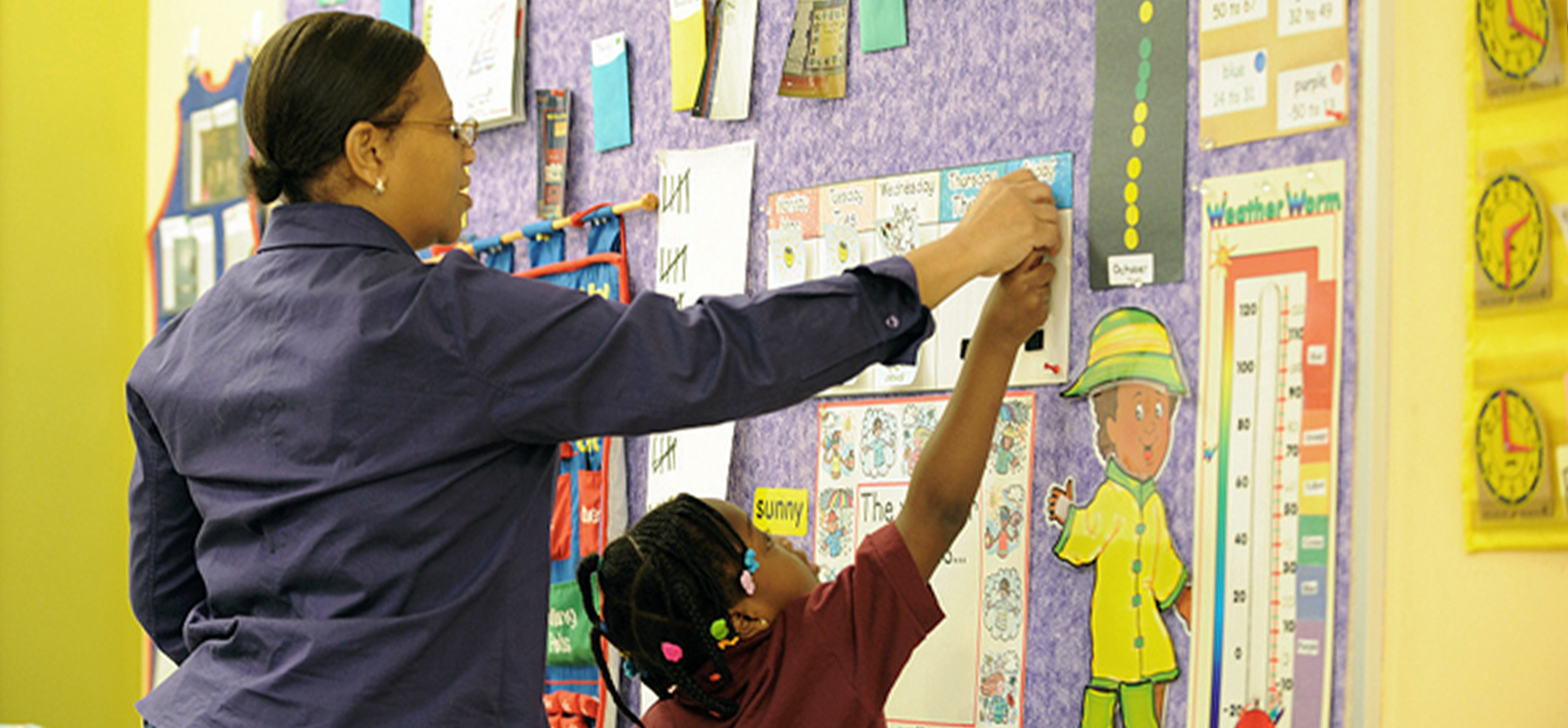
(UEI photo courtesy University of Chicago News Office)
An investment in Indian studies, a new clothing store for Hyde Park, and support for violence interrupters.
Investment in Indian studies
A $1.5 million gift from India’s Ministry of Culture has established a visiting professorship in Indian Studies. The chair commemorates Hindu spiritual leader Swami Vivekananda. The quarter-long visiting professorship in the humanities division will go to scholars in disciplines most relevant to Vivekananda’s teachings, including Indian philosophy, politics, and social movements.
Model students
The University’s Urban Education Institute and the Ounce of Prevention Fund have been awarded a total of $2.45 million for a multiyear effort to develop a public-education model from birth to college. Funds from the W. K. Kellogg Foundation, the Robert R. McCormick Foundation, and the Foundation for Child Development will be used to create and implement instructional practices and academic and social supports, beginning with early-childhood education and continuing from kindergarten through high school.
It is five minutes to midnight
In January the University-based Bulletin of the Atomic Scientists moved the hands of its symbolic Doomsday Clock one minute closer to midnight. Since 2010 the clock had stood at 11:54 p.m., but the Bulletin cited inadequate progress on nuclear-weapons reduction and proliferation and inaction on climate change as the reasons for the reset.
Group thinkers
Chicago Booth professors Raghuram Rajan and Axel Weber have been named to the Group of 30, an international body that examines the effects of public and private financial and economic decisions. Rajan, the Eric J. Gleacher distinguished service professor in finance, serves as an economic adviser to India’s prime minister and was the International Monetary Fund’s chief economist from 2003 to 2006. Weber, former president of Deutsche Bundesbank and a member of the European Central Bank’s governing council, is a visiting professor of economics and the incoming chair of global financial-services company UBS.
Moving instrument
The baroque-style Reneker Memorial Organ moves this summer from the Chicago Theological Seminary to Bond Chapel. To get the 1983 organ settled in its new home, the chapel will close after June Convocation and reopen in December. University organist Thomas Weisflog, SM’69, plans a concert series to celebrate the instrument’s arrival at Bond Chapel.
Akira comes to Hyde Park
A Chicago-based retailer will open this fall in the former Borders bookstore building at 1539 East 53rd Street. Akira will occupy 8,000 square feet on the first floor of the building across the street from the mixed-use Harper Court development under construction. The Hyde Park location will feature women’s clothing, accessories, and shoes.
Boyce leafs through history
As a literature student, Kevin Boyce imagined himself in Chaucer’s medieval world. That made him think about the dizzying sweep of history, back to life on earth millions of years ago, sparking an interest that became a career. Now an associate professor in geophysical sciences, Boyce recieved the 2011 Charles Schuchert Award from the Paleontological Society, which goes to a paleontologist under 40, for his research into leaves and fossil geochemistry. One of 11 recipients since the award was established 1973, Boyce joins Michael Foote, professor and chair of the geophysical sciences department, on the list of winners.
Prize for a pioneer
Janet Rowley, PhB’45, SB’46, MD’48, has received the 2012 Japan Prize for Healthcare and Medical Technology for her role in developing targeted cancer therapy. Rowley, the Blum-Riese distinguished service professor of medicine, received the $215,000 award for research that began in the early 1970s, showing that chromosome “translocation” affected genes that regulated cell growth and division, a factor in several types of leukemia. Her discoveries helped lead to better treatments, including the first targeted anticancer drug, Gleevec.
The sound of science
The sounds of Fermilab machinery—“the ubiquitous booms, hums, growls, and crackles”—provide a daily soundtrack that employees learn to tune out. Composer Mason Bates turned those noises into music for his symphony Alternative Energy, which the Chicago Symphony Orchestra performed in February and the Chicago Tribune called “exceedingly well-made.”
Honored in translation
The Modern Language Association honored three UChicago faculty members in January. Michael Bourdaghs, associate professor in East Asian languages and civilizations, received the Scaglione Prize for Translation of a Scholarly Study of Literature for Natsume Soseki’s Theory of Literature and Other Critical Writings. Sharing the prize for Distinguished Scholarly Edition as coeditors of Elizabeth I: Translations, 1544–1589, and Elizabeth 1: Translations, 1592–1598, were Janel Muller, the William Rainey Harper distinguished service professor emerita in English language and literature, and Joshua Scodel, the Helen A. Regenstein professor in English language and literature, comparitive literature, and the College.
In the line of fire
The University of Chicago Medicine and CeaseFire Chicago will sponsor a “violence interrupter,” a person who defuses potentially deadly disputes—efforts featured in the 2011 documentary The Interrupters. Providing $120,000 over three years to fund the interrupter, UChicago Medicine plans other antiviolence efforts throughout the South Side.
